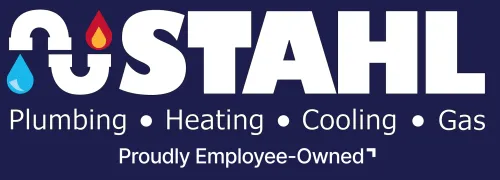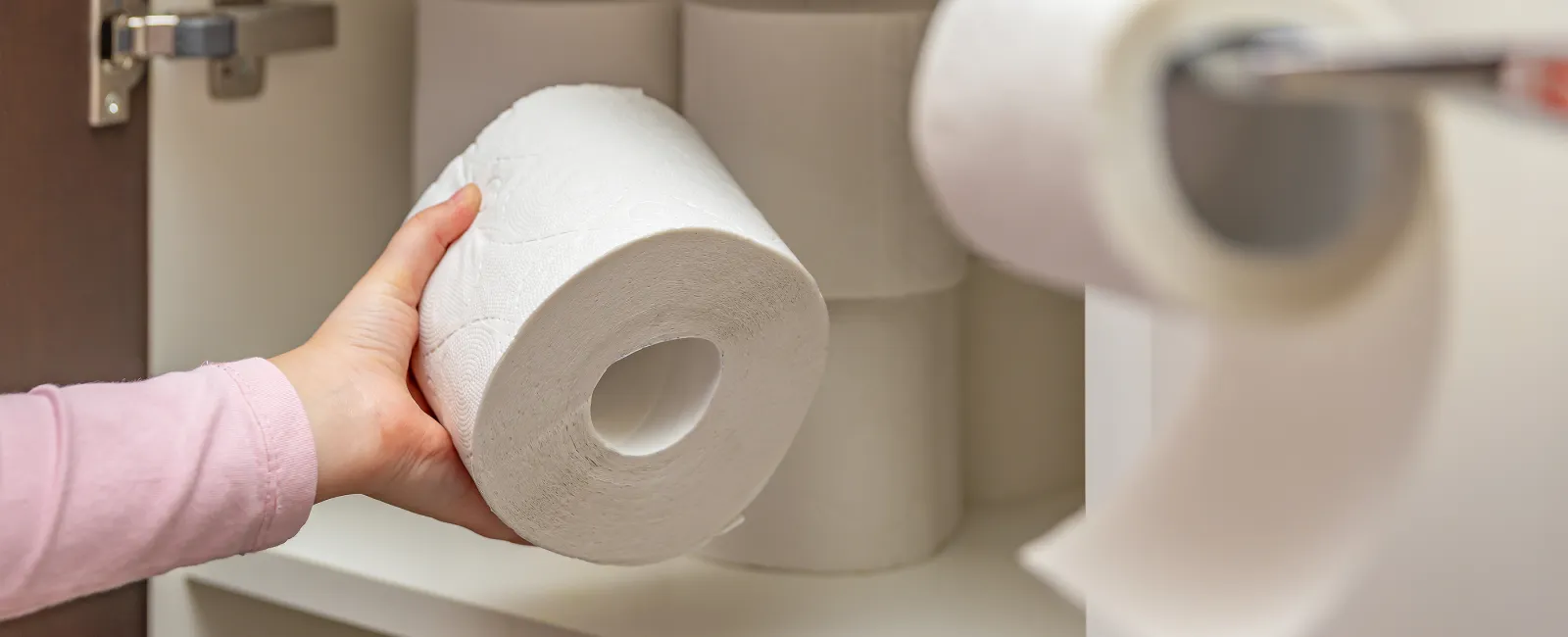When you go into the grocery store, you're probably not thinking too much about toilet paper. You just know you need to stock up. So you'll probably grab the first brand you see, or the cheapest brand, or, if you're feeling fancy, the brand that looks all lush and quilted, to give the family a treat.
As you carry on with your shopping, you're probably not thinking ahead to how that toilet paper will dissolve in your toilet and beyond. Right? Well, toilet paper that dissolves badly or slowly could actually cost you a lot of trouble down the road in terms of costly plumbing repairs at your home. So it's worth giving it a quick bit of thought.
Does toilet paper dissolve?
The short answer is yes, toilet paper does dissolve. At least, it should. Your drainage system, including your toilet, is made to transport wastewater, from all the areas of your home out into the community sewage system and beyond. This network of pipes is extremely sensitive to other kinds of material. So if toilet paper is going to have a hope of traveling through your drainage system without harming your home or the environment, you'd better hope it can dissolve in water. How well your toilet paper dissolves, and how long it takes for your toilet paper to dissolve other matters.
Some toilet papers take longer to dissolve than others, and these types can be harmful to your septic system. You can test this out by putting a piece of toilet paper in water and seeing how long it takes for the fibers to break down and start to disappear. If the paper is still floating around intact after 20 minutes, you can imagine the clog you're going to get in your septic system if you keep using that kind of paper. It… Not a pretty thought. A small clog from a wad of undissolved toilet paper can build up and build up over time, eventually causing a much bigger and more troublesome blockage that you'll need a plumber to come to fix.
Why expensive toilet paper might be bad for your home
Many families will choose a more expensive toilet paper because it promises a softer feel and better absorption. They also reason that a thicker toilet paper — those marketed as three-ply, for example — will require them to use fewer sheets at a time, making it better for the environment.
However, these thicker toilet tissues can actually be the worst toilet paper for your septic system. Compare how a three-ply tissue paper and a one-ply tissue paper dissolve, and you'll see that the thinner paper usually has a much faster and more complete dissolving rate. So even if you end up using more one-ply sheets, they will dissolve better in your water and will travel through your pipes without clogging your system and causing nasty leaks. So if the expensive toilet paper is bad for pipes and the environment, what kind are you supposed to buy?
What toilet paper is septic safe?
The thicker toilet papers are the ones that advertise their "quilted," "plush," "luxurious" features. To be on the safe side and protect your septic system, choose a one- or two-ply option, and don't fall for the angels and clouds on the packaging.
While you don't have to think about toilet paper any longer than it takes to pick up a packet of it, it's a good idea to spare some consideration for your septic system as you select a tissue type. Keep your home going with the flow, and avoid costly and inconvenient pipe blockages.
Is it too late for your septic system this time? We can help get your system unclogged again. Call us now to schedule a residential plumbing service with Stahl Plumbing.

